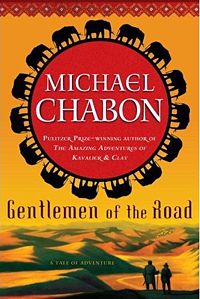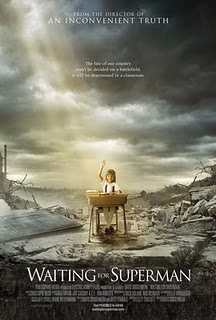Let's face it, after having children the number of concerts Joy and I attended dropped dramatically. Back in our halcyon graduate school days we went to everything we possibly could, both in Urbana and in Chicago. We saw operas, symphonic concerts, piano and voice recitals, late-night improvs, avant-garde instillation. We poured every drop out of the opportunities presented to us. Once we moved and had Sam, however, going out became much more difficult. We now see a few concerts and plays and movies, but we pick and choose carefully and savor them more, in some ways.
I mention this as backdrop to my attending five concerts in as many days during the 2nd International Conference on Minimalist Music. And the best part of the concerts? I got to help plan who would perform and what would be performed. When we started planning this conference in earnest a year and a half ago, we on the steering committee (David McIntire, Scott Unrein, Jedd Schneider, and Andy Lee) put together a dream list of performers and performances. Everything on that list was featured last week. So to say the concert series was minimalist heaven for me is no understatement.
These five concerts were the meat of the conference, the events when the general public could experience minimalist and minimalist-inspired music. And each one lived up to the high expectations I had. Wednesday night, Mikel Rouse presented his film Funding. It was held at the KC Public Library and with it being free and the local-interest surrounding Rouse (he graduated from UMKC and the KC Art Institute) it was the best attended of our offerings. I've long been an admirer of Rouse's music and aesthetics (see these clips of Dennis Cleveland at U of I where I saw it to get a sense of his style) and his film did not disappoint. Easily the most traditionally minimalist of his scores, Funding is both a personal reflection on his experiences producing art in New York City from the late 1970s to 2000 and a meditation on the power of art to transcend economics, a message sorely needed today.
Thursday night, newEar, the local new music ensemble, presented the longest program I have heard them give in the past four years, an over-two-hour minimalist smorgasboard. There were early and forgotten pieces by Terry Riley, one of the founders of the style; drone-based multimedia pieces; texted, improvisatory pieces; strict process pieces; and, yes, pieces with a sparkling sense of humor. The concert was the most varied and in some ways the most challenging for its variety, but never less than fully engaging.
Friday night vies with Saturday night for my concert highlight. Sarah Cahill, a fabulous new-music pianist with an impecible ear for interpretation presented a concert of minimalist and minimalist-inspired pieces. Each work was an exquisite gem, including a reconstruction by Kyle Gann of an improvisatory work by Harold Budd and selections from Mamoru Fujiedo's Patterns of Plants. Rarely have I heard a piano recital in which every work is played with utter conviction and every work connects with the audience. Sarah is an artist who doesn't go through the motions, but rather inhabits each piece and opens the door for her audience and then invites them in.
Saturday night was overwhelming in every sense of the word. Legendary Charlemagne Palestine, who hasn't played in the states in years, gave a performance of his Schlingen-Blängen, and the name itself gives you a sense of his personality. Charlemagne always plays surrounded by teddy bears and with a glass of brandy close at hand. For the work, he manipulated an organ, slowly building up a chord of mind-blowing power, and then allowed his audience to walk around in the sound for a while. Harmonics that he was not playing spin through the air and you literally feel the work (some had to step outside because the sound is so overpowering). I've heard this work on CD several times and never have I fully understood it. His music is not expression, but experience.
The concert parade ended with a final experience, the premiere of a reconstruction of a lost early minimalist masterpiece called November. This four-and-a-half hour piano work is perfectly constructed and flows logically for its duration. Only the most stalwart stayed for the performance, but those of us who did recognized something monumental in the music. It was a fitting capstone to an amazing week of sound.
Self-doubt in the tech industry
2 years ago




1 comment:
Thank you for your post. You write that Charlemagne Palestine "hasn't played in the states in years" which is not quite true. He just performed Schlingen-Blangen in Los Angeles in March and performed several years ago in Berkeley, the latter resulted in a CD on the Cold Blue label.
Post a Comment